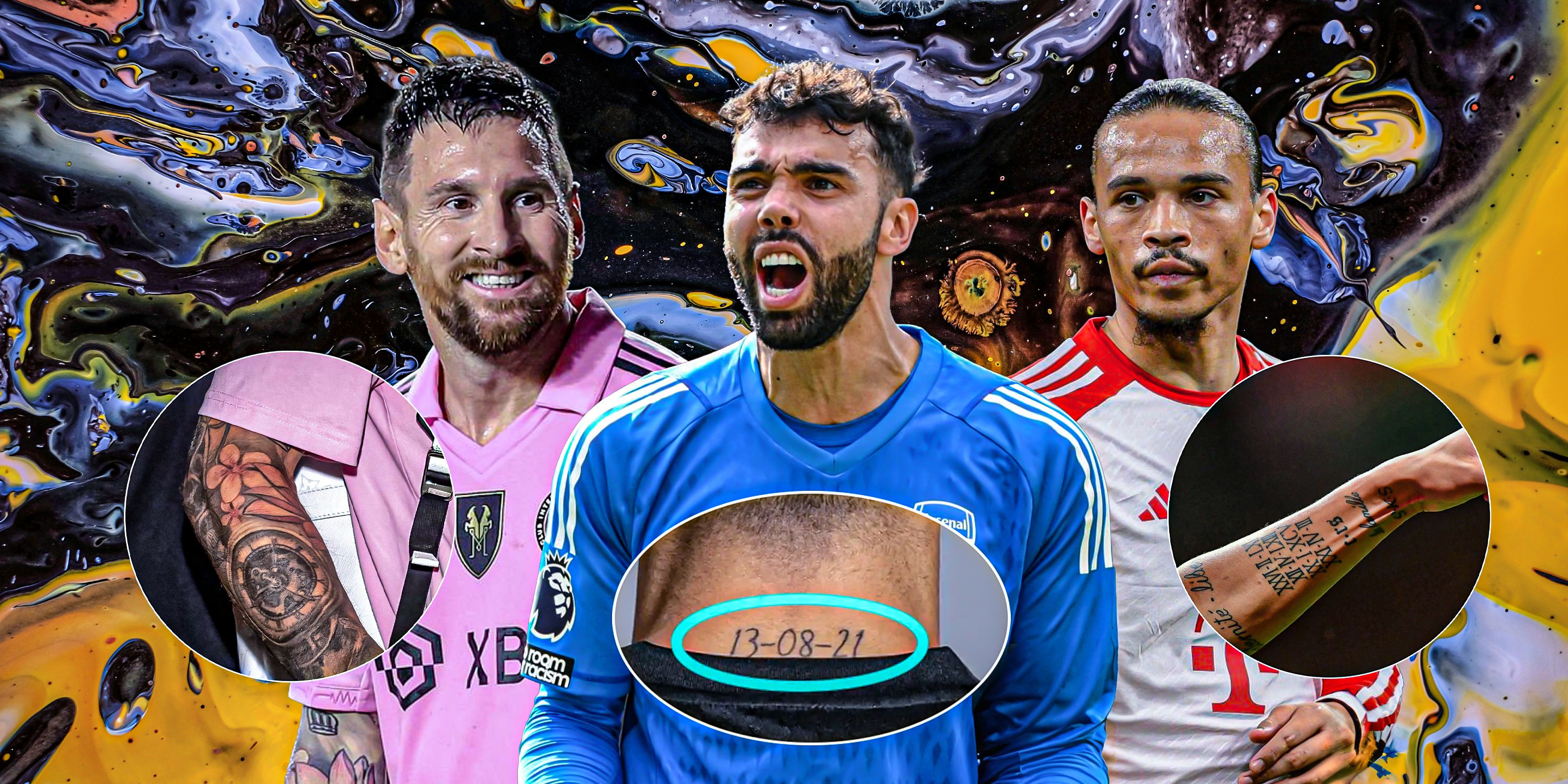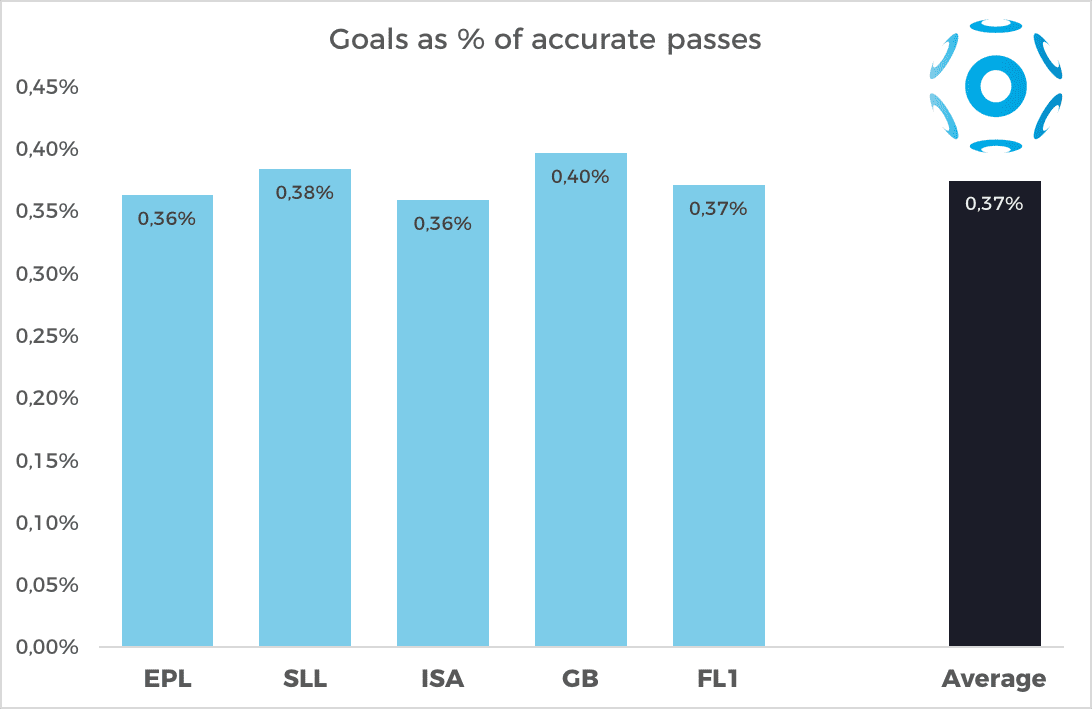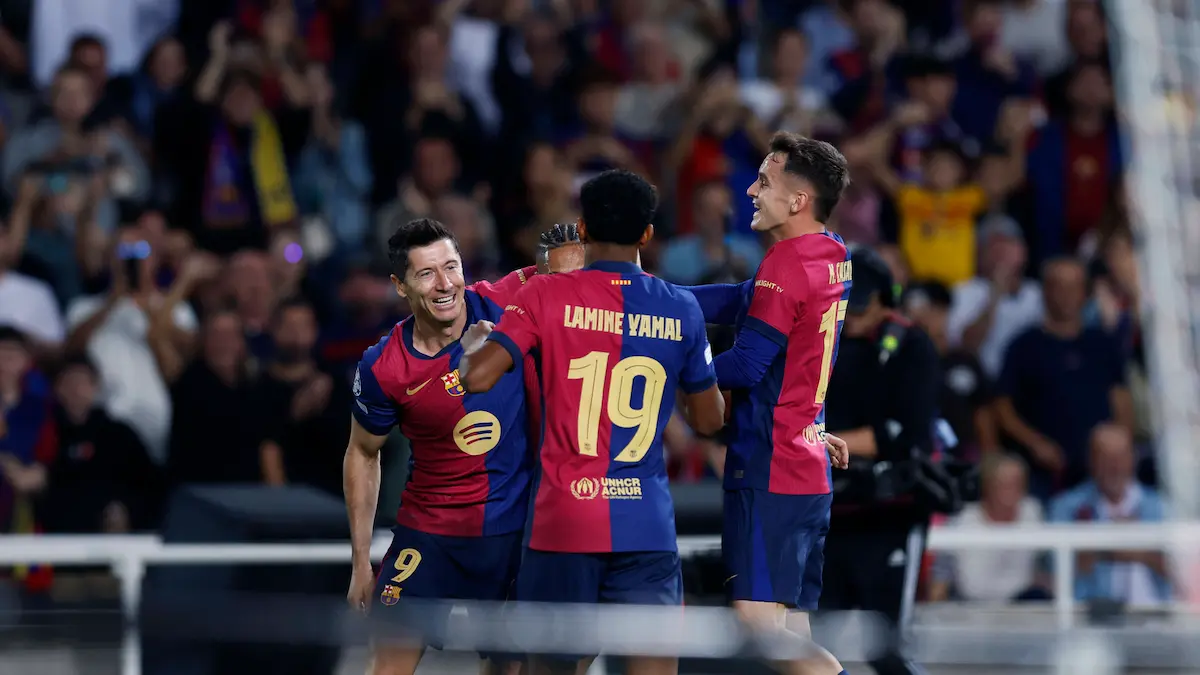
Beyond the Beautiful Game: Footballers Who Forged Unconventional Career Paths
The dream of every aspiring young athlete is to make it to the top, to grace the hallowed turfs of grand stadiums, and to bask in the roar of adoring crowds. For footballers, this dream often culminates in a professional career, a life of glamour, fame, and substantial wealth. Yet, the life of a professional footballer, while exhilarating, is also intensely demanding and remarkably brief. The average career span at the elite level is often less than 10-15 years, leaving players, often in their early to mid-thirties, at a crossroads. Many transition into coaching, punditry, or football administration, maintaining a connection to the sport that defined their youth.
However, for a select few, the post-playing years unveil paths far removed from the touchline. These are individuals who, whether driven by a deeper calling, an entrepreneurial spirit, a desire for intellectual stimulation, or simply a craving for a radically different challenge, have defied expectations and embarked on truly unconventional career journeys. Their stories challenge the stereotype of the one-dimensional athlete and underscore the incredible diversity of human potential.
This article delves into the fascinating lives of footballers who swapped their boots for everything from political office to religious vestments, from the silver screen to scientific laboratories, proving that the skills honed on the pitch – discipline, resilience, teamwork, and the ability to perform under pressure – can be remarkably transferable to the most unexpected of arenas.
From Pitch to Presidency: George Manneh Weah
Perhaps the most astonishing career transition in football history belongs to George Manneh Weah. Revered as one of Africa’s greatest ever players, Weah’s footballing journey was nothing short of legendary. He shone brightly at Monaco, Paris Saint-Germain, and AC Milan, where he won two Serie A titles. In 1995, he achieved the unprecedented feat of becoming the first, and to date only, African player to win the Ballon d’Or, FIFA World Player of the Year, and African Player of the Year awards in the same year. His powerful runs, sublime skill, and prolific goal-scoring made him a global icon.
Yet, Weah’s influence extended far beyond the football pitch even during his playing days. A humanitarian at heart, he used his platform to advocate for peace and education in his war-torn home country of Liberia. Upon retiring from football in 2003, his commitment to his nation deepened. He initially pursued a political career with mixed results, running unsuccessfully for president in 2005 and vice-president in 2011. Undeterred, he returned to education, earning a degree in Business Management, and continued to build his political base.
In 2017, after years of persistent campaigning and connecting deeply with the Liberian populace, George Manneh Weah was elected the 25th President of Liberia, marking a historic moment. His transition from global football superstar to head of state is unparalleled, demonstrating a profound dedication to public service and a remarkable ability to pivot from one highly competitive public sphere to another, driven by a desire to uplift his people.
The Doctor of Football: Sócrates
While Weah’s journey was one of political ascension, Sócrates Brasileiro Sampaio de Sousa Vieira de Oliveira, known simply as Sócrates, carved out a legacy as much for his intellect and activism as for his elegant football. The Brazilian midfielder, a lanky, bearded figure, captained Brazil in the 1982 and 1986 World Cups, mesmerizing fans with his back-heeled passes and visionary play. He was nicknamed "Doctor Sócrates" because, unlike most of his peers, he actually held a medical degree from the Faculdade de Medicina de Ribeirão Preto.
Sócrates was unique. He smoked, drank, and often seemed to defy conventional athletic discipline, yet his football was sublime, and his mind even sharper. He famously led the "Corinthians Democracy" movement in the early 1980s, where players and staff at his club voted on every club decision, from training schedules to transfer policies, as a protest against the military dictatorship in Brazil. This fusion of football and political philosophy was extraordinary.
After retiring from football, Sócrates dedicated himself more fully to his medical career, practicing as a doctor in his hometown. He also continued to write and comment on social and political issues, publishing articles in newspapers and magazines. He was a true polymath, embodying the idea that athletes can be profound thinkers and agents of change, proving that a brilliant mind can coexist with brilliant feet.
From Pitch to Pulpit: Philip Mulryne
The transition from the glitz and glamour of professional football to a life of spiritual devotion is perhaps the most striking and unexpected of all. This is the path taken by Philip Mulryne, a former Northern Ireland international who played for Manchester United, Norwich City, and Cardiff City. Mulryne was a talented midfielder, part of the famed "Class of ’92" era at United, though he didn’t reach the heights of Beckham or Scholes. He earned a good living, enjoyed the trappings of a successful footballer, and seemed set for a comfortable post-playing life.
However, in 2008, after retiring from the game at the age of 30, Mulryne felt a profound spiritual calling. He embarked on a journey that led him away from the secular world and into the Catholic Church. He spent two years studying philosophy at the Pontifical Irish College in Rome, followed by four years of theology at the Dominican House of Studies in Belfast. In 2017, he was ordained a Dominican friar, taking vows of poverty, chastity, and obedience.
Father Philip Mulryne’s story is one of radical transformation, a testament to the idea that true fulfillment can lie beyond material wealth and public adulation. His journey from the roar of the football stadium to the quiet contemplation of a monastery is a powerful reminder of the diverse paths individuals can take in their search for meaning and purpose.
The Artist and the Philosopher: Eric Cantona
Eric Cantona was never just a footballer; he was an artist, a philosopher, a provocateur, and a king. His football career, particularly at Manchester United, was legendary. He possessed an unparalleled charisma, a unique blend of flair, power, and audacity that earned him the moniker "King Eric." He famously retired from football at the peak of his powers in 1997, at the age of 30, leaving fans and pundits stunned.
Cantona’s post-football career has been as captivating and unconventional as his playing days. He immediately pivoted to acting, a field in which he has enjoyed considerable success. He has appeared in over 30 films and television productions, including critically acclaimed roles in films like "Elizabeth" (1998), "Looking for Eric" (2009), and "The Salvation" (2014). His screen presence, much like his presence on the pitch, is formidable and unique.
Beyond acting, Cantona has delved into photography, directing, and even served as the sporting director for the New York Cosmos football club. He is known for his enigmatic and often philosophical pronouncements, which have further cemented his image as an intellectual and an artist rather than a mere athlete. Cantona’s career trajectory underscores the notion that for some, the football field is merely one stage for a multifaceted talent to express itself.
The Eco-Entrepreneur: Mathieu Flamini
While many footballers invest their earnings in traditional businesses or real estate, Mathieu Flamini took a different, far more ambitious, and environmentally conscious route. The French midfielder, known for his industrious play at Arsenal and AC Milan, secretly co-founded GFBiochemicals in 2008, while still a professional player.
GFBiochemicals is a pioneering company focused on the mass production of levulinic acid, a chemical compound derived from biomass that can be used as a sustainable alternative to oil-based products in a vast array of industries, including pharmaceuticals, plastics, and cosmetics. Flamini kept his involvement in the company a secret for seven years, only revealing it to the public in 2015 when the company had already established itself as a global leader in the field, employing over 400 people.
Flamini’s entrepreneurial vision and commitment to environmental sustainability set him apart. He demonstrated an incredible ability to balance the demands of elite football with the rigorous development of a complex scientific and business venture. His story is an inspiring example of a footballer using his platform and resources to tackle global challenges and build a legacy far beyond sporting achievements.
The Goalkeeper Who Became a Wrestler: Tim Wiese
From the precision and agility of a football goalkeeper to the brute force and theatricality of professional wrestling, Tim Wiese made one of the most physically transformative and unexpected career switches. Wiese was a successful goalkeeper in the German Bundesliga, playing for Kaiserslautern, Werder Bremen, and Hoffenheim, and even earning six caps for the German national team. Known for his imposing physique and aggressive style, he was a formidable presence between the sticks.
After retiring from football in 2014, Wiese dedicated himself to bodybuilding. His already muscular frame transformed into that of a professional wrestler, gaining significant mass and definition. This dramatic physical change caught the attention of World Wrestling Entertainment (WWE), the global leader in professional wrestling. In 2016, Wiese made his in-ring debut for WWE under the ring name "The Machine."
While his wrestling career was brief and more of a novelty act than a long-term commitment, Wiese’s transition highlights a willingness to embrace entirely new challenges, even those requiring a complete re-sculpting of one’s body and public persona. It was a move driven by a desire for a different kind of spectacle and a testament to his adaptability and sheer determination.
The Broader Picture: Why These Paths Matter
These individual stories, as remarkable as they are, collectively paint a broader picture of the evolving identity of the modern athlete. They challenge the outdated notion that footballers are solely defined by their on-field prowess.
Transferable Skills: The common thread running through these diverse paths is the array of transferable skills honed in professional sports. Discipline, resilience, teamwork, leadership, strategic thinking, the ability to perform under immense pressure, and a strong work ethic are invaluable in any field. Weah’s political acumen, Sócrates’s intellectual curiosity, Mulryne’s dedication, Cantona’s artistic vision, Flamini’s entrepreneurial drive, and Wiese’s physical transformation all showcase these qualities in different lights.
Beyond the Stereotype: These narratives help break down stereotypes about footballers as unintellectual or solely focused on fame and fortune. They demonstrate that many athletes are complex individuals with diverse interests, deep convictions, and a desire to contribute meaningfully to society beyond the confines of their sport.
The Search for Meaning: For some, the transition is driven by a deep-seated quest for purpose that transcends the fleeting nature of sporting glory. The adulation and financial rewards of football can be immense, but they often do not satisfy a deeper yearning for spiritual fulfillment, intellectual engagement, or societal impact.
As the professional football landscape continues to evolve, with increasing commercialization and global reach, so too will the post-career possibilities for its players. The stories of Weah, Sócrates, Mulryne, Cantona, Flamini, and Wiese serve as powerful reminders that the journey of a footballer doesn’t end with the final whistle. For some, it’s merely the prelude to an even more extraordinary and unconventional adventure, proving that the beautiful game can indeed be a springboard to a beautiful, and often surprising, life.



